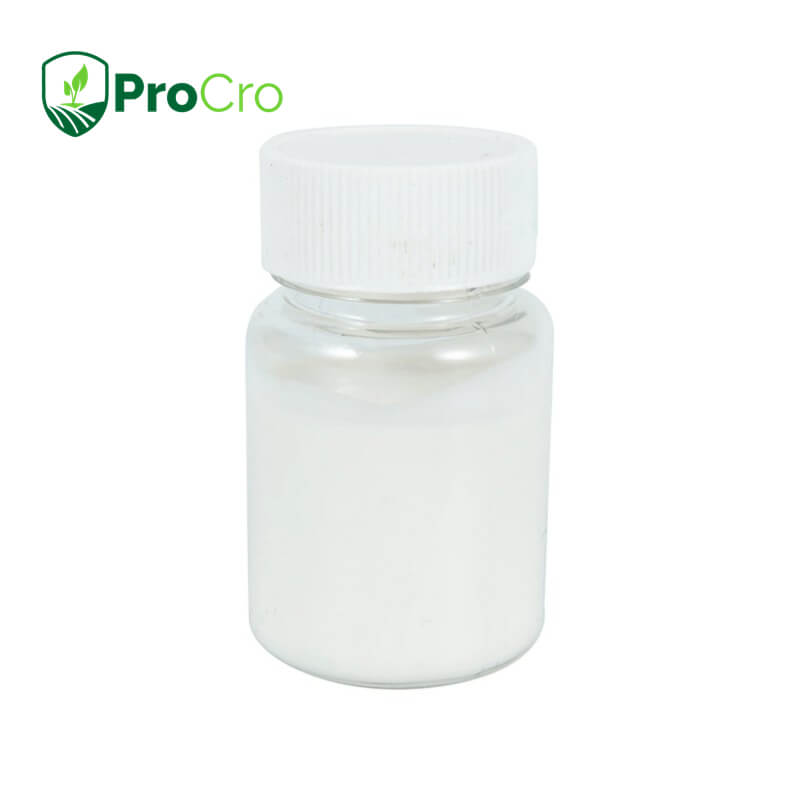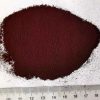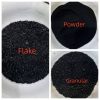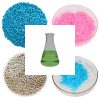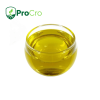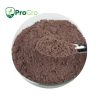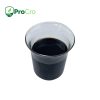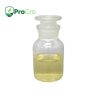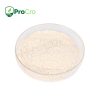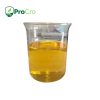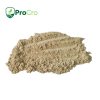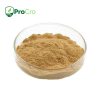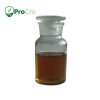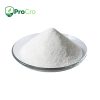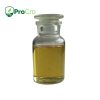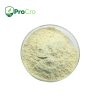A Comprehensive Guide for Fipronil
The fipronil pesticide primarily controls various chewing and sucking pests, such as aphids, rice planthoppers, and leaf folder larvae. It achieves its insecticidal effect by interfering with the pests’ nervous systems. This mechanism makes fipronil one of the important pesticides in agricultural production.
Farmers widely use fipronil as a broad-spectrum insecticide. It helps control both agricultural and household pests. In agriculture, fipronil effectively manages a variety of pests. These include aphids, leafhoppers, planthoppers, lepidopteran larvae, flies, and beetles. Its modes of action include stomach toxicity, contact activity, and systemic absorption.
Applicators can use fipronil through soil treatment, foliar spraying, or seed treatment. This versatility makes it suitable for managing both soil-dwelling and above-ground pests. Additionally, households use fipronil in insecticides to eliminate harmful organisms. Common targets include cockroaches and ants.
The insecticidal mechanism of fipronil
Fipronil, a broad-spectrum and highly effective insecticide, primarily exerts its insecticidal mechanism by interfering with the nervous systems of pests. When pests ingest fipronil or come into contact with it, the compound rapidly penetrates their integument and enters their circulatory systems. Within the bodies of pests, fipronil inhibits the normal transmission of neurotransmitters, leading to dysfunction in their nervous systems and ultimately resulting in pest mortality. This unique insecticidal mechanism enables fipronil to achieve significant control efficacy against a variety of chewing and piercing-sucking insects.
Fipronil insecticide is available in various formulations, including: Fipronil 25g/L EC (Emulsifiable concentrate), Fipronil 4g/L ULV (Ultra Low Volume Concentrate), Fipronil 80% WG (Water Dispersible Granule), Fipronil 50g/L SC (Suspension Concentrate), Fipronil 50g/L FS (Flowable Concentrate for Seed Treatment), Fipronil 0.05% BG (Bait Gel), Fipronil 40 imidacloprid 40 (Co-pack product containing fipronil and imidacloprid) and other combinations.
These formulations are tailored to target specific pests and offer different modes of application for optimal results.
Use of fipronil in agriculture
[1] Main Pests Controlled by Fipronil:
Fipronil is primarily used to control the following pests: diamondback moth, striped stem borer, thrips, brown planthopper, rice weevil, white-backed planthopper, Colorado potato beetle, leafhoppers, lepidopteran larvae, house flies, cutworms, wireworms, cockroaches, aphids, beet armyworm, and cotton boll weevil.
[2] Main Plants Suitable for Fipronil:
Fipronil is applicable to a variety of plants, including cotton, ornamental trees, flowers, corn, rice, peanuts, potatoes, bananas, sugar beets, alfalfa, tea, and vegetables.
[3] Application Methods of Fipronil:
1. Control of Moth Pests: Use 20–30 mL of 5% fipronil per acre, diluted with water, and spray evenly on vegetables or crops. For large trees and densely planted crops, the dosage can be increased appropriately.
2. Control of Rice Pests:Use 30–60 mL of 5% fipronil per acre, diluted with water, for even spraying to control striped stem borer, white-backed planthopper, locusts, rice planthopper, rice weevil, and thrips.
3. Soil Treatment: Fipronil can be applied as a soil treatment to control underground pests.
Use of fipronil in household pests
One of the primary uses of fipronil insecticide is controlling termites. Termites are destructive pests that can cause significant damage to wooden structures, leading to costly repairs. Fipronil effectively targets termites by disrupting their central nervous system, ultimately causing their death. You can apply fipronil as a liquid treatment around the perimeter of a building. This method creates a barrier that prevents termites from entering. Known as soil treatment, this approach is one of the most effective ways to protect structures from termite infestations.
Fipronil also effectively controls ants, cockroaches, and other crawling insects. These pests can become a nuisance in homes and commercial establishments. They pose health risks and contaminate food and surfaces. Fipronil works well for these pests both indoors and outdoors, making it a versatile solution for pest management.
In conclusion, fipronil insecticide provides a powerful solution for controlling insect pests in various settings. You can use it in homes, gardens, agricultural fields, and commercial establishments. Its broad-spectrum activity, ease of use, and effectiveness make it a top choice for tackling pest infestations. Whether you deal with termites, ants, cockroaches, or other crawling insects, fipronil insecticide has you covered. So, the next time you face a pest problem, consider using fipronil for reliable and lasting control.

